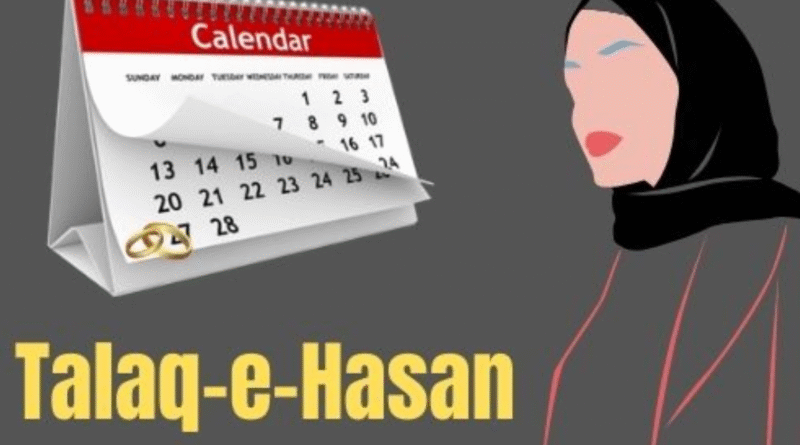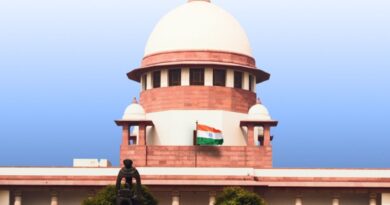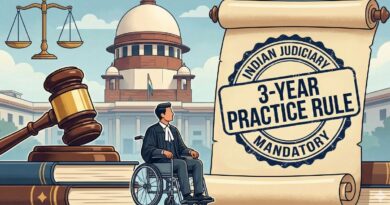Talaq-e-Hasan Under Fire: Supreme Court Calls in NCW, NHRC, NCPCR for Opinions
The Supreme Court has sought the opinion of the National Commission for Women (NCW), the National Human Rights Commission (NHRC), and the National Commission for Protection of Child Rights (NCPCR) while hearing petitions challenging the practice of Talaq-e-Hasan.
The matter came up before a Bench of Justice Surya Kant and Justice Joymalya Bagchi. Advocate Ashwini Kumar Upadhyay argued that most issues had already been addressed in the triple talaq case. However, the Bench clarified, “We will hear this matter separately.”
The Court allowed intervention applications from various parties, stating they could assist during the final hearing without filing counter affidavits. It directed that relevant materials, including books or scriptures, may be submitted and asked Additional Solicitor General K.M. Nataraj to ensure that the opinions of NCW, NHRC, and NCPCR are placed on record.
During the hearing, when a respondent pointed out that the Shayara Bano judgment only struck down Talaq-e-Biddat but did not regulate Sharia, Justice Kant remarked, “We should not be lost in technicalities at this stage. People have been affected and are before the Court. We will look into it.”
The case is scheduled for final hearing on 19 November 2025.
Background of the Case
Journalist Benazeer Heena approached the Supreme Court after receiving three Talaq-e-Hasan notices from her husband in 2022. The first notice came via her husband’s lawyer. She sought a declaration that Talaq-e-Hasan and all other forms of “unilateral extra-judicial talaq” are void and unconstitutional, arguing they are arbitrary, discriminatory, and violate fundamental rights.
She also requested the Centre to frame uniform divorce grounds and procedures for all citizens. In April 2022, an FIR was registered in Ghaziabad against her husband and in-laws under IPC Sections 498A, 332, 504, 506, 406, and the Dowry Prohibition Act.
In Talaq-e-Hasan, divorce is pronounced once a month for three months. If the couple resumes living together after the first or second pronouncement, the talaq becomes invalid. Divorce is finalised only after the third pronouncement in the third month.
Earlier, in May 2022, Senior Advocate Pinky Anand informed a Bench of Justice D.Y. Chandrachud and Justice Bela Trivedi that Benazeer had received the second talaq notice. The Bench found no urgency but allowed the matter to be mentioned again. Later, in August 2022, another Bench suggested exploring divorce by mutual consent if meher was taken care of, noting that women also have the right to seek Khula.
Case Title: Benazeer Heena v. Union of India & Ors.





